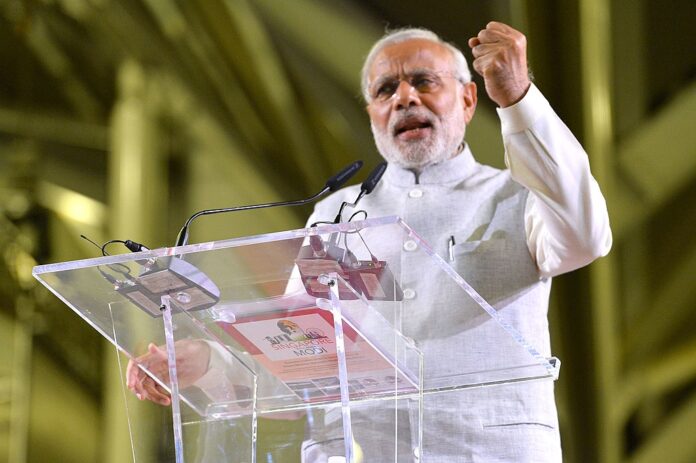Prime Minister Modi emphasizes the priorities of the Global South, meets with key world leaders at the 50th G7 summit
Prime Minister Narendra Modi, on his first foreign trip of his third term, attended the 50th G7 Leaders Summit in Italy. During the summit, he stressed the importance of representing the concerns and priorities of the Global South on the world stage. In his address at the G7 Outreach event, Modi highlighted India’s efforts, including the inclusion of the African Union as a permanent member of the G20 during India’s presidency. He discussed India’s focus on international governance in artificial intelligence and its principles of energy accessibility, affordability, and acceptability.
Throughout the summit, Modi engaged in discussions with several world leaders. He met with UK Prime Minister Rishi Sunak, French President Emmanuel Macron, Ukrainian President Volodymyr Zelenskyy, US President Joe Biden, Canadian Prime Minister Justin Trudeau, and Pope Francis. These meetings covered a range of topics, including defense cooperation, economic partnerships, and peace talks.
Embed from Getty ImagesOn the opening day, the G7 leaders reached a political agreement to provide $50 billion in loans to Ukraine using interest from frozen Russian assets. This decision aimed to support Ukraine in its ongoing conflict with Russia. Modi’s interactions with other leaders emphasized India’s role as a mediator and advocate for global cooperation.
Modi also took the opportunity to highlight India’s democratic values, framing his recent electoral victory as a triumph of democracy. He extended best wishes to Macron for the upcoming Paris Olympics and invited Pope Francis to visit India, reinforcing his commitment to fostering international relations.
As he concluded his visit, Modi expressed gratitude to Italy for its hospitality and reiterated India’s commitment to creating impactful solutions for the global community.
Analysis:
Political:
PM Modi’s participation in the G7 Summit underscores India’s growing influence in global political affairs. By advocating for the Global South and emphasizing India’s leadership in the G20, Modi positions India as a key player in shaping international policies. His meetings with leaders from major countries indicate India’s strategic diplomacy to strengthen bilateral relations and influence global governance.
Social:
Modi’s emphasis on the Global South at the G7 Summit reflects the social aspirations of developing nations seeking a stronger voice in global forums. This stance resonates with the broader societal debates about equity and representation in international decision-making bodies. Modi’s portrayal of India’s democratic process as a global example reinforces the importance of democratic values in shaping societal norms.
Racial:
The inclusion of the African Union as a permanent member of the G20, highlighted by Modi, is a significant step towards addressing racial disparities in global governance. This move acknowledges the contributions and needs of African countries, promoting racial inclusivity and diversity in international institutions.
Gender:
While the summit primarily focused on geopolitical and economic issues, Modi’s interactions with various leaders also touched upon gender inclusivity in policy discussions. His advocacy for human-centric approaches in peace talks and social development implicitly supports gender equality by emphasizing the importance of inclusive and diverse perspectives in addressing global challenges.
Economical:
Modi’s discussions on energy accessibility and affordability align with India’s economic priorities of sustainable development and resource management. The G7’s commitment to providing financial aid to Ukraine and Modi’s emphasis on international governance in AI highlight the interconnectedness of economic stability and technological advancements. India’s strategic partnerships with other nations aim to boost trade, commerce, and industrial cooperation, furthering its economic growth and global integration.
